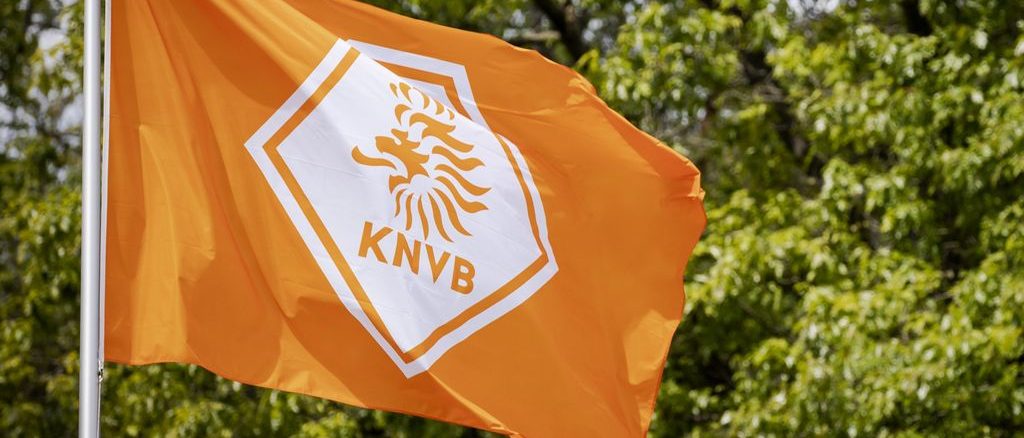
KNVB Pays Ransom to Hackers for Stolen Personal Data
The Royal Dutch Football Association (KNVB) has recently confirmed that it paid a ransom to cybercriminals who stole personal data from the organization. According to sources, the hacker group known as LockBit used ransomware to carry out the attack in April. The ransom demand was reportedly more than 1 million euros, although the KNVB has not disclosed the exact amount paid.
In an effort to inform the public, the KNVB published advertisements in two national newspapers, as well as a message, cautioning individuals that their data may now be in the hands of cybercriminals. The association described the decision to pay the ransom as a difficult one, but stated that agreements were reached with the hackers under expert guidance. However, the KNVB remains cautious, as there is no guarantee that the criminals will not distribute the data after receiving the ransom. As a result, potential victims are urged to remain vigilant against any misuse of their personal information.
Identity Theft Concerns
Cybersecurity expert Dave Maasland has expressed serious concerns about the potential consequences of the data breach. He believes that the call to “be extra alert” should be more specific, urging individuals to take steps to prevent identity theft and avoid responding to suspicious requests.
NOS tech editor Joost Schellevis has commended the KNVB for its transparency in sharing the news of the ransom payment. He emphasized that many companies choose to pay ransoms without acknowledging or disclosing the incident, but the KNVB’s decision to publicly address the issue is a strong response. Schellevis also noted that LockBit is a well-known hacker group that frequently releases data from companies that refuse to pay. While the government disapproves of companies paying ransoms, there is currently no legal ban in place.
Impact on the Football Association and Beyond
The fact that the KNVB has succumbed to this blackmail is a significant moment, according to Maasland. Ransomware is currently one of the biggest digital threats, and by paying the ransom, the KNVB unintentionally provides support to cybercriminal organizations, potentially encouraging further attacks. Maasland finds it noteworthy that a prominent football organization is now setting the standard for how digital incidents should be handled, not only within the sports industry but also for other clubs and organizations.
Regarding the timing of the announcement, Schellevis acknowledged that the four to five-month delay between the incident in April and the public disclosure in September feels quite long. However, he emphasized that without more information, it is difficult to judge whether this delay was justified.
Dutch Data Protection Authority to Investigate
Maasland anticipates that the Dutch Data Protection Authority will have a role to play in assessing the KNVB’s actions. He believes that their level of care and the timeliness and accuracy of the communication will be scrutinized. It is unclear why it took several months for the KNVB to reveal the breach, but a spokesperson has explained that the nature of the investigation required caution to determine the exact data that was compromised.

Be the first to comment